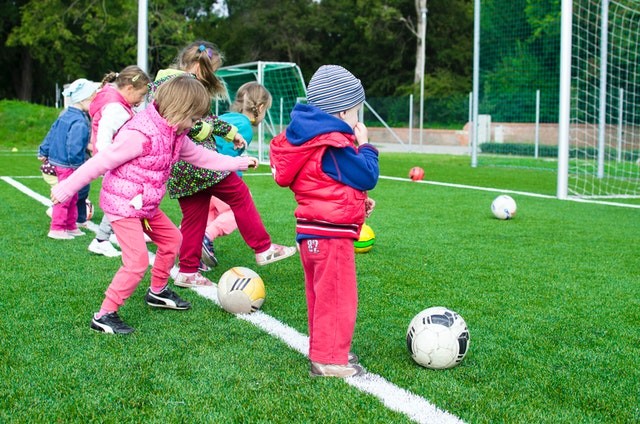
It's critical to get the word out about good health in a way that kids will enjoy and remember. Be careful not to let the subject of health get boring. To teach kids how to care for themselves, show them exciting videos, conduct science experiments and engage them in practical activities. In honour of World Health Day, we've compiled a list of World Health Day activities that can be used to teach students about long-term health goals.
A healthy lifestyle requires regular physical activity. Some chronic and even life-threatening diseases such as type 2 diabetes or cancer can be reduced or eliminated by taking this supplement, which has the ability to improve overall health and boost the immune system. Despite the fact that children are far too young to be concerned about these dangers, the way they behave now will influence the way they live in the future. These are just a few of the reasons why it's a good idea to have a day dedicated solely to physical activity once a year (or even once a month).

Football, basketball, handball, rope jumping, running/jogging/swimming/yoga should all be included in this day of exercise. If kids don't like one type of physical activity, it doesn't mean they can't have fun with another. The message you should convey to kids is that they should experiment and try new things until they find something they like. There are many ways to be active.
Aside from genetics, proper nutrition is the second most important factor in a person's overall health. As fast-food restaurants become more accessible and appealing to children, it is imperative that they learn about the importance of nutrient-dense food and their body's needs at an early age.

Traditional education does not include nutrition as a separate subject like math, science, history, and others. However, this can be changed by both homeschooling parents and teachers introducing more units that concentrate on this subject. Eating disorders among teenagers will also be reduced as a result of this.
It's possible that the scientific distinction between physical and mental health is misleading. Mental and physical well-being are not mutually exclusive, as is commonly believed. Mental and physical health simply informs us of the various factors that may have an impact on our well-being as a whole. In the same way that spoiled food can make us ill, our interactions with others can do the same. It's critical that children grasp this concept early on so that they don't grow up treating their mental health as an afterthought.

Mental illness has been shown to have a significant impact on our well-being, even to the point of degrading our physical health. When children participate in group activities, they are more likely to feel comfortable talking about their mental health and developing healthy habits.
CrazeMania collects & utilizes cookies from third-parties & affiliate networks to improve user experience. If you buy a product or service after clicking on one of our links, we may get a commission.